How do you explain germs to a little girl? Pam Pusty, WaterStep’s Director of Education, was in a community in Cartago, Costa Rica, teaching health education and hit on the perfect way to explain germs to a little girl — she sprinkled bright, colorful glitter over the little girl’s hands to show her how germs can stick to our fingers and make us sick.
Next, how do you explain to a little boy that flies transmit disease? Pam and her coworkers performed a skit about how pesky flies land on all sorts of things: “Poop! Garbage!” Pam announced, and the little boys laughed with mischievous glee. Pam continued: “Then they land on us again, and because they carry disease, they can make us sick.”
Though the kids were receptive, Pam says her information made the biggest impression on the mothers sitting quietly in the back of the room. “There were three Moms sitting there, and their heads went up immediately. They looked at us, and you could tell they were having this moment of ‘Really? Wow.’”
Pam says, “They told me later that they didn’t know that disease was transmitted by flies.”
When Pam finished her health training, she turned to thank the woman who had opened her home for the presentation. Pam says: “I was shocked to see she had a tear going down her face. She said, ‘You have brought us so much. I want to learn more. If I get more mothers, will you teach more?'”
It can be a life or death question. Roughly 1,400 children die every day from diarrheal diseases linked to unsafe water and inadequate sanitation and hygiene.
“That afternoon was a life changing time for me,” Pam says. “I’d like to think that sitting in the audience there was a future World Health Organization worker, a future nurse, a future doctor. I know those kids got what I was saying.”
And it’s important that they do understand, because health education is key to making a water project successful. Teaching about hand washing, proper disposal of waste, and transmission of disease alongside water purification can cut diarrhea cases in a community almost in half. Even better, when students learn health education at school, they go home and teach it to their parents, so good health practices spread throughout the community.
You can help communities get vital health education by giving a gift to safe water this holiday season! And there’s no better time than now. Make a gift before December 31 and your gift will be doubled by the Living Water Fund, a matching fund created by an anonymous WaterStep donor. While all gifts made between now and December 31 will be matched, if you join the fun and give for #GivingTuesday on December 2, we’ll send you a virtual ‘I gave today!’ sticker to share with your friends and family on social media, helping to spread the message of giving even further.



